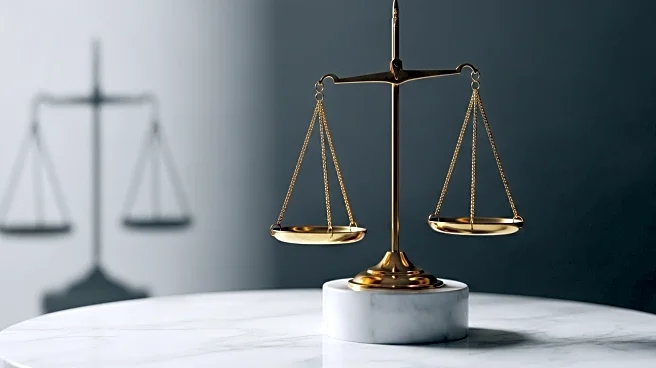What is the story about?
What's Happening?
The Supreme Court has begun its new term, with legal experts predicting a focus on higher education issues. Currently, two cases related to transgender rights are on the main docket, but many other cases are expected to be addressed through the shadow docket. This secondary docket allows the court to make quick decisions without traditional processes, leading to unpredictability and uncertainty. The shadow docket has been used to overturn lower-court rulings on critical issues affecting higher education, such as federal research funding and staffing cuts at the Department of Education. Experts anticipate cases concerning visa policies, First Amendment rights, academic freedom, and federal funding to be significant.
Why It's Important?
The use of the shadow docket has significant implications for higher education institutions, as it can lead to rapid changes without the opportunity for preparation. This unpredictability can affect universities' ability to function, particularly in areas like research operations. The potential cases on visa policies and First Amendment rights could impact international students and academic freedom, respectively. The outcomes of these cases could shape the future of higher education governance and policy, affecting funding, operations, and the rights of students and faculty.
What's Next?
As the Supreme Court's term progresses, stakeholders in higher education will need to closely monitor developments on both the main and shadow dockets. The outcomes of these cases could lead to significant changes in university policies and operations. Institutions may need to prepare for potential shifts in federal funding and legal interpretations of academic freedom and discrimination laws. The broader implications of these cases could influence legislative actions and public policy related to higher education.
Beyond the Headlines
The shadow docket's increased use raises concerns about transparency and accountability in the judicial process. The lack of detailed explanations for decisions can lead to confusion and challenges in compliance for affected institutions. This trend may prompt discussions about the balance between judicial efficiency and the need for thorough legal processes. The implications for higher education highlight the importance of understanding the legal landscape and its impact on institutional governance.















